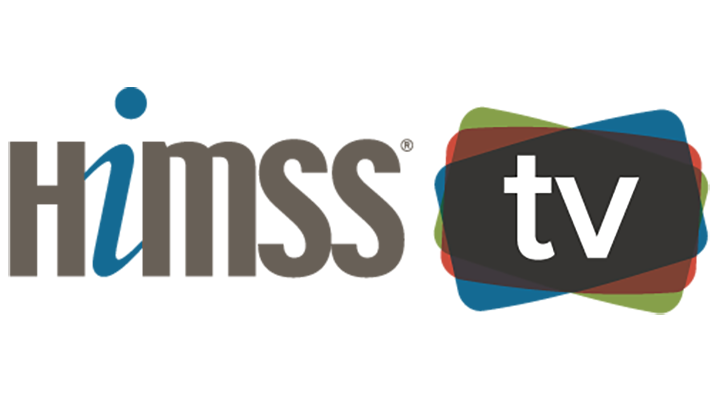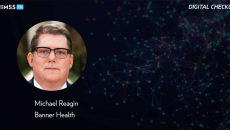HIMSS TV
Frye says HIMSS21's Evening of Black Excellence that she organized gave colleagues an opportunity to network and share their expertise.
The Health Data Hub's Pauline Cohen explains that the SHAIPED project will assist AI-enabled medical device manufacturers in obtaining health data for model training while maintaining regulatory compliance.
Mike Reagin says the health system is gaining provider satisfaction from an in-house digital assistant that helps with tasks such as summarizing documents, and its ambient voice technology has enabled productivity gains.
Robert Birkett of the Calderdale & Huddersfield NHS Foundation Trust and Mid Yorkshire Teaching Trust says digital success comes from creating diverse, engaged teams comprising upskilled clinicians, apprentices and technical staff.
Lori Walker, Presbyterian Healthcare Services' CMIO, says artificial intelligence that summarizes rural patients' multiple health challenges and social determinants for consumption during 30-minute patient visits is reducing cognitive burdens.
Red Rover Health's platform enables clinicians to quickly and easily integrate best-of-breed tools into their workflows via APIs. The company's CEO, John Orosco, offers details.
With AI already deployed in healthcare, the University of Copenhagen's Martin Brynskov believes connecting systems and training staff in AI tools' use is necessary for developing a unified European AI strategy.
Kontakt.io's new agentic AI platform creates 'digital twins' of hospital operations to track patients and equipment and provide data that can help optimize workflows. CEO Philipp von Gilsa explains.
Part of cybersecurity project ENTRUST's work will be open source so that at its conclusion its framework and assessments could possibly be integrated into the larger healthcare ecosystem, says Thanos Arvanitidis, the project's innovation project manager.
Casey Williams, senior VP of patient engagement at RevSpring, explains why customer service representatives need the ability to understand data intelligence the moment they're talking to the patient.










